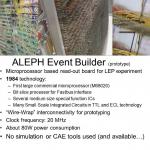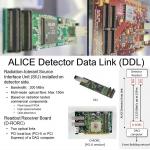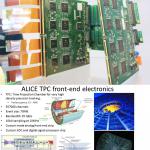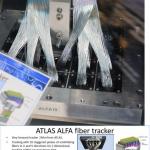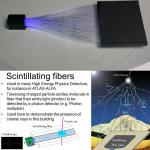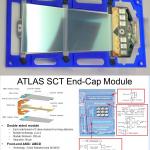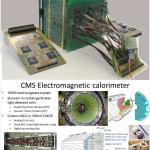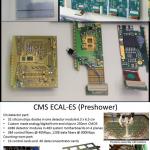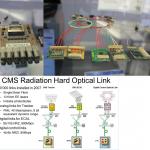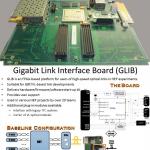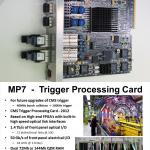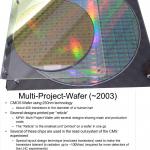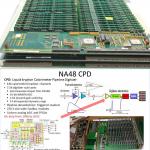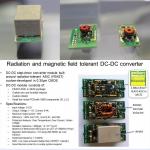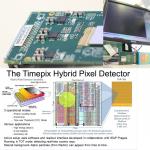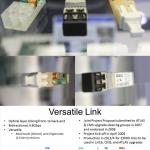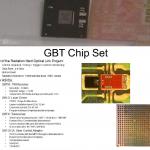The vital electronics in HEP experiments displayed in building 14
Electronics have an ever increasing vital role in High Energy Physics. Highly integrated and highly specialized electronics are used by modern HEP experiments along the full signal chain from the particle sensors up to the large scale computing farms where data analysis is taking place. The very small sensor signals are amplified by on-detector electronics and then digitizeg allowing information to be stored, processed and finally transported in various research centres around the world on high-speed optical links. These on-detector electronics are made with highly specialized Application Specific Integrated Circuits (ASIC) to cope with the large number of channels required ( up to hundreds of millions) with very small high speed signals at very low power consumption that in addition have to work reliably for tens of years in extremely hostile radiation environments (up to hundreds of Mrad which is ~1000 times higher than the one seen in space applications). Moreover, for each type of detector a highly specialized front-end ASIC has to be developed. Hundreds of thousands of specialized high speed optical links are required to transport acquired data out of the hostile radiation environment in the large experiments to thousands of high performance readout modules located in hundreds of large electronics racks. Modern FPGAs and signal processors pre-process the collected data and finally send it to large computing farms with thousands of computing nodes. Electronics are developed across a large community of electronics groups from all parts of the world.
As part of the relocation of the PH-ESE (Electronics Systems for Experiments) group to its new “headquarters” in building 14, a selection of typical electronics from LHC and other experiments are displayed in the entrance of the building. Visitors can get a glimpse different types of electronics developed for HEP experiments and get informed about past and on-going activities. Finally, the exhibition creates a space where students and researchers can meet and discuss while enjoying a coffee.
More information on electronics for HEP experiments can be found on:
1) Trends and Perspectives in Detector Electronics: https://indico.cern.ch/conferenceDisplay.py?confId=186624
2) Summer student lectures on HEP electronics:
3) Recent ECFA workshop on detectors and electronics for HL-LHC: http://indico.cern.ch/conferenceOtherViews.py?view=standard&confId=252045
4) The yearly TWEPP workshop: http://twepp-workshops.web.cern.ch/TWEPP-Workshops/
5) PH-ESE electronics seminars: http://indico.cern.ch/categoryDisplay.py?categId=1591
6) PH-ESE group: http://ph-dep-ese.web.cern.ch/ph-dep-ese
(All Images courtesy of Harsh Arora)

